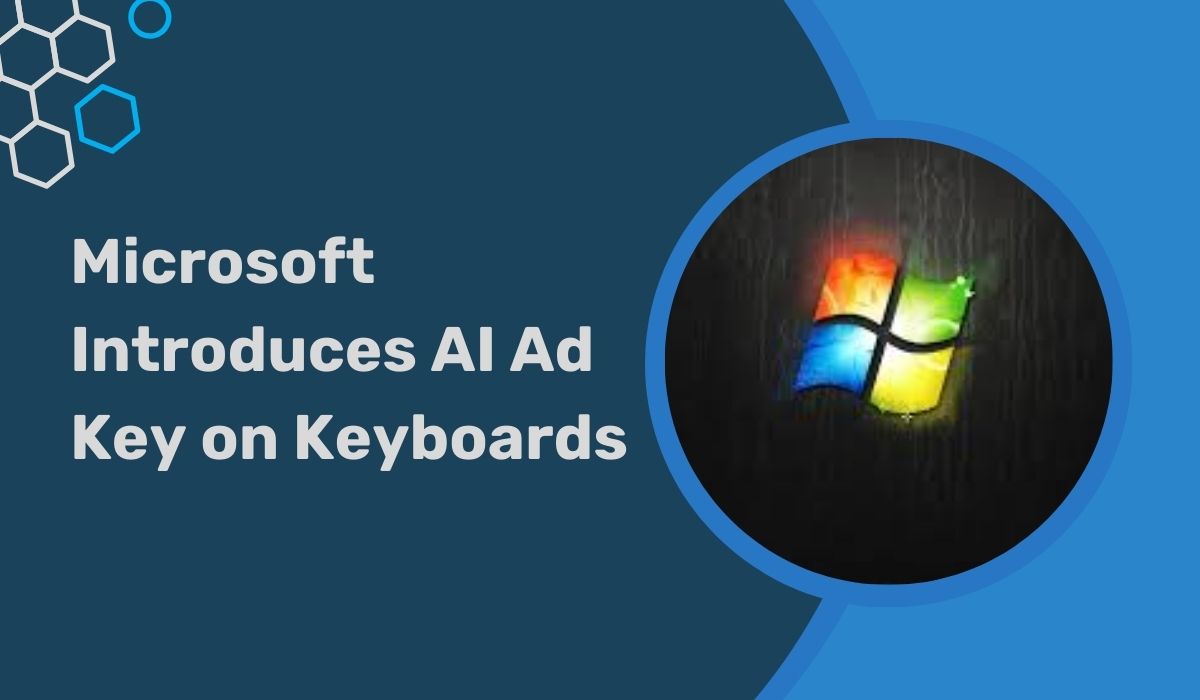
In a bold move signaling Microsoft's commitment to AI dominance, the tech giant unveiled a new standard PC keyboard layout featuring a dedicated "Copilot" key. Breaking a three-decade tradition, Microsoft replaces the right Control key with this AI shortcut, set to debut on laptops and keyboards shipping in late February. The strategic shift emphasizes the integration of AI across Microsoft's product spectrum, showcasing the company's ambition to drive demand through enhanced user interaction with its AI-powered assistant, Copilot.The introduction of the Copilot key prompts questions about user enthusiasm for an AI shortcut on Windows machines. Despite Microsoft's concerted effort to infuse its products with Copilot functionality, the success of this endeavor remains uncertain. However, some companies, like OpenAI and the generative art platform Midjourney, have turned viral AI hits into substantial successes, suggesting the potential for Microsoft's bold move to resonate positively in the market.
In other AI news, a groundbreaking study utilizing satellite imagery and machine learning sheds light on the hidden intricacies of the maritime industry. The research, conducted by Global Fishing Watch and collaborating universities and published in Nature, unveils a detailed perspective on the activities and numbers of fishing and transport ships at sea. This newfound insight challenges publicly available data, providing a more accurate representation of the maritime landscape.Perplexity AI, a web search platform applying AI, secures a significant funding round of $73.6 million, valuing the company at $520 million. Distinguishing itself from traditional search engines, Perplexity offers a chatbot-like interface for users to pose queries in natural language, marking a noteworthy development in AI-powered search technology.
Paris-based startup Nabla secures $24 million in funding for its "AI copilot" designed for medical professionals. Teaming up with the Permanente Medical Group, a division of Kaiser Permanente, Nabla focuses on automating clinical note-taking and medical report generation, presenting a transformative solution in the healthcare sector.In the realm of human perception and machine learning experiments, research from Google DeepMind and MIT unveils intriguing insights. Google's experiment demonstrates the influence of subtle image perturbations on human perception, suggesting that subliminal signals could propagate through imagery. Meanwhile, MIT's research utilizes machine learning to decipher brain activation patterns related to language understanding, providing a deeper understanding of cognitive load in language processing.
Researchers from Ohio State introduce SeeAct, a system enhancing language models' interaction with computer interfaces. While the system, like GPT-4V, shows progress in understanding tasks, it highlights the ongoing challenge of imitating human cognition, especially in complex interactions. Expectations are high for advancements in agent models this year, despite their current limitations.On a maritime front, Korea's Maritime and Ocean University proposes a novel pathfinding model for autonomous ships. Utilizing computational fluid dynamics to simulate ship movements, the model aims to enhance the efficiency and safety of autonomous marine transport by understanding wave action's impact on hulls and propulsion. This innovative approach could revolutionize the field, offering potential applications even in human-guided vessels navigating challenging sea conditions.For a comprehensive review of the significant developments in computer science and machine learning in 2023, Quanta provides an insightful recap, showcasing the intersecting advancements in these dynamic fields.